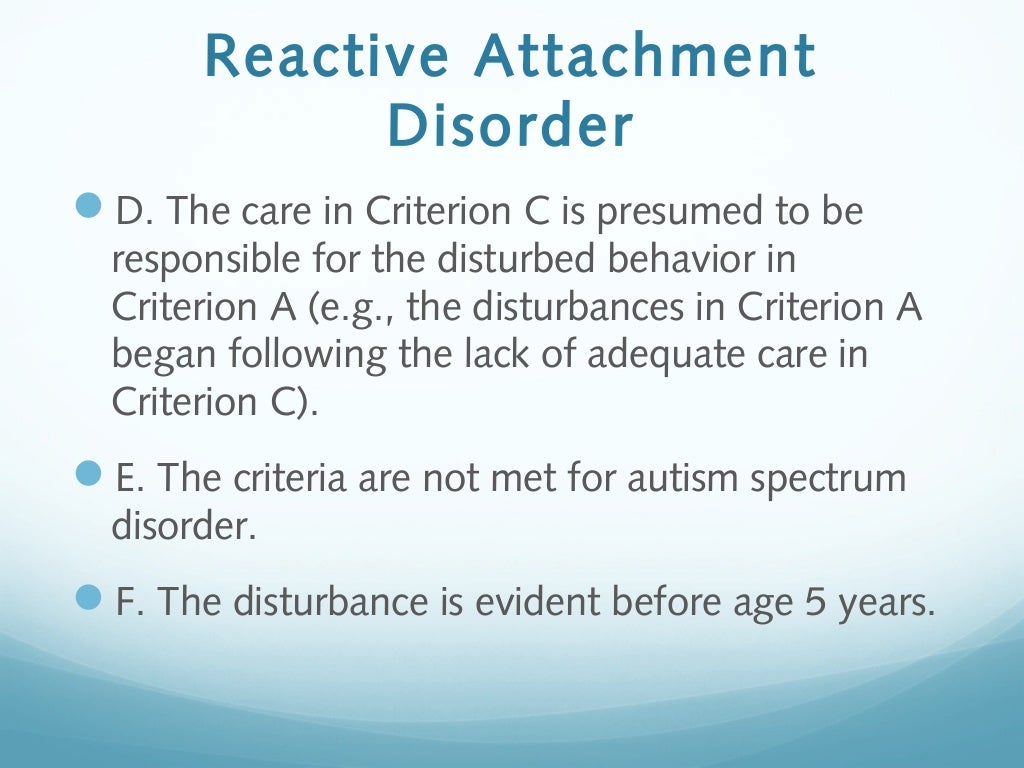
Research shows that the severity of RAD symptoms is, among other behavior, reflected in the extent to which these children display prosocial behavior problems during interactions with peers. In the current study, we focused on the role of attachment representations and tested whether these representations either mediate or moderate the link between RAD symptoms and prosocial behavior problems. Nonetheless, a better understanding of this association could not only inform theory about RAD symptoms, but also inform clinical practice in order to better support these children. So far, little is known about why these children show impaired prosocial behavior. Further, these children are at elevated risk to develop other symptoms of psychopathology later in life (e.g. Their inability to relate prosocially to and establish deep bonds with peers and adult caregivers adds significantly to the distress of these children and their environment and puts these children at risk of not having the appropriate resources to receive help or support when needed. As part of this symptomatology, these children typically show prosocial behavior problems.

The Creative Commons Public Domain Dedication waiver ( ) applies to the data made available in this article, unless otherwise stated in a credit line to the data.Ĭhildren who develop reactive attachment disorder (RAD) symptoms show inhibited, emotionally withdrawn behavior towards adult caregivers, and/or persistent social or emotional disturbances, reflected in minimal social and emotional responsiveness, limited positive affect or episodes of unexplained arousal. If material is not included in the article's Creative Commons licence and your intended use is not permitted by statutory regulation or exceeds the permitted use, you will need to obtain permission directly from the copyright holder.

The images or other third party material in this article are included in the article's Creative Commons licence, unless indicated otherwise in a credit line to the material. Open AccessThis article is licensed under a Creative Commons Attribution 4.0 International License, which permits use, sharing, adaptation, distribution and reproduction in any medium or format, as long as you give appropriate credit to the original author(s) and the source, provide a link to the Creative Commons licence, and indicate if changes were made.


 0 kommentar(er)
0 kommentar(er)
